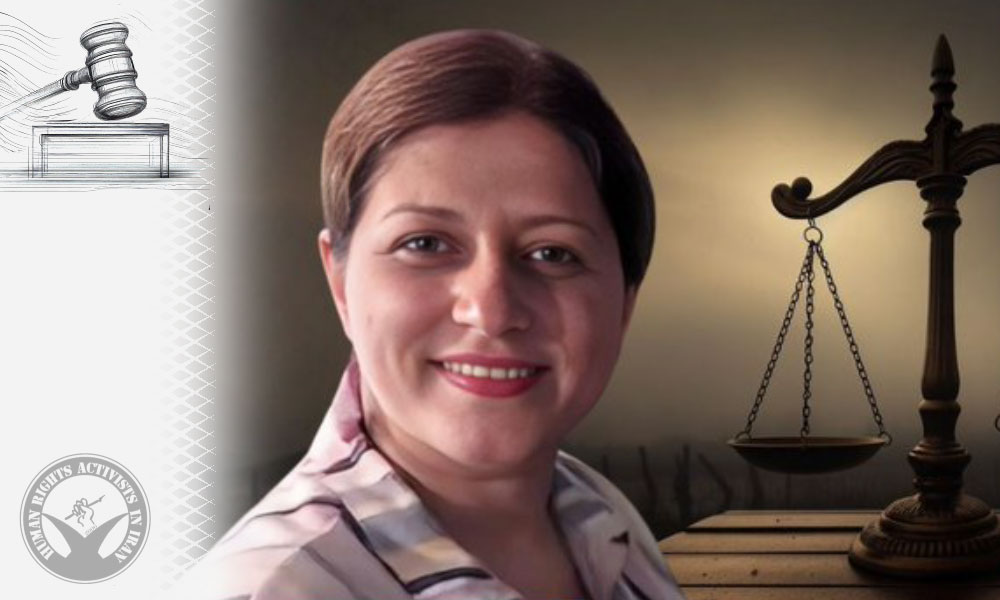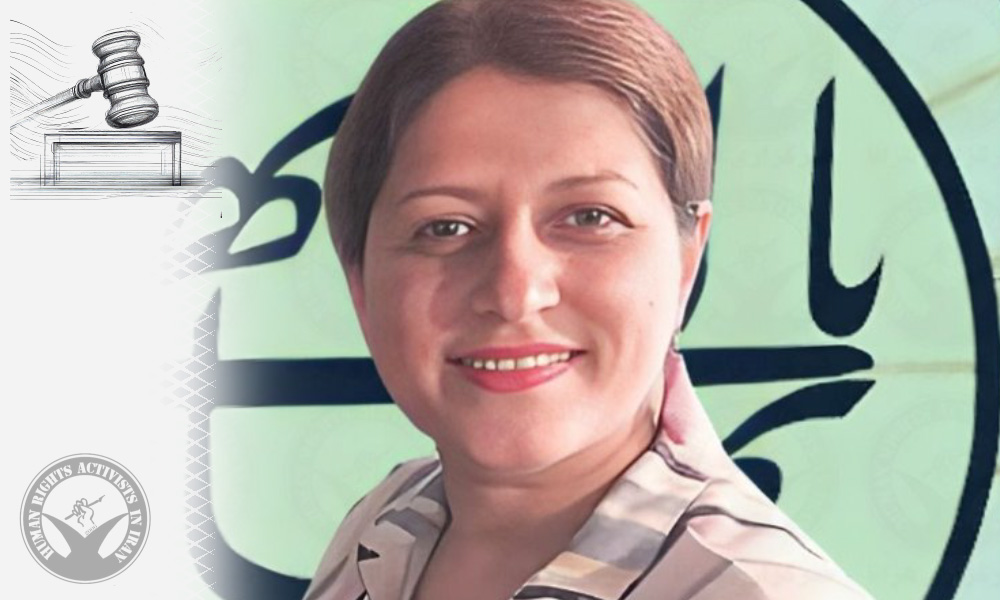HRANA – The prison sentence of Maryam Zabihi, a Baha’i citizen residing in Qaemshahr, has been reduced by the Mazandaran Province Court of Appeals to three months and one day. She had initially been sentenced to ten months in prison by a lower court.
According to Hyrkani news, Ms. Zabihi’s ten-month prison sentence was reduced to three months and one day by the Mazandaran Province Court of Appeals in late September.
The initial verdict against Ms. Zabihi was issued by Branch 104 of the Qaemshahr Criminal Court (Category Two) on the charge of “educational activities contrary to and disruptive of the sacred Islamic law.”
The charge reportedly stemmed from holding university examination sessions for students of the Baha’i Institute for Higher Education (BIHE) at her private residence. It is worth noting that, since Baha’is are denied access to higher education in Iran, this unofficial university was established by members of the Baha’i community to provide Baha’i students with access to higher education.
On Monday, February 12, 2024, security agents searched Maryam Zabihi’s home, seizing all electronic devices, textbooks, laptops, and tablets belonging to five Baha’i youths who were present at the time.
Over the past decade, the Iranian Bahá’í community has been disproportionately targeted by Iran’s security forces and judiciary—more than any other minority group. In the past three years, an average of 72 percent of the reports on religious rights violations collected by HRANA have documented the Iranian regime’s repression of the Bahá’í community.




